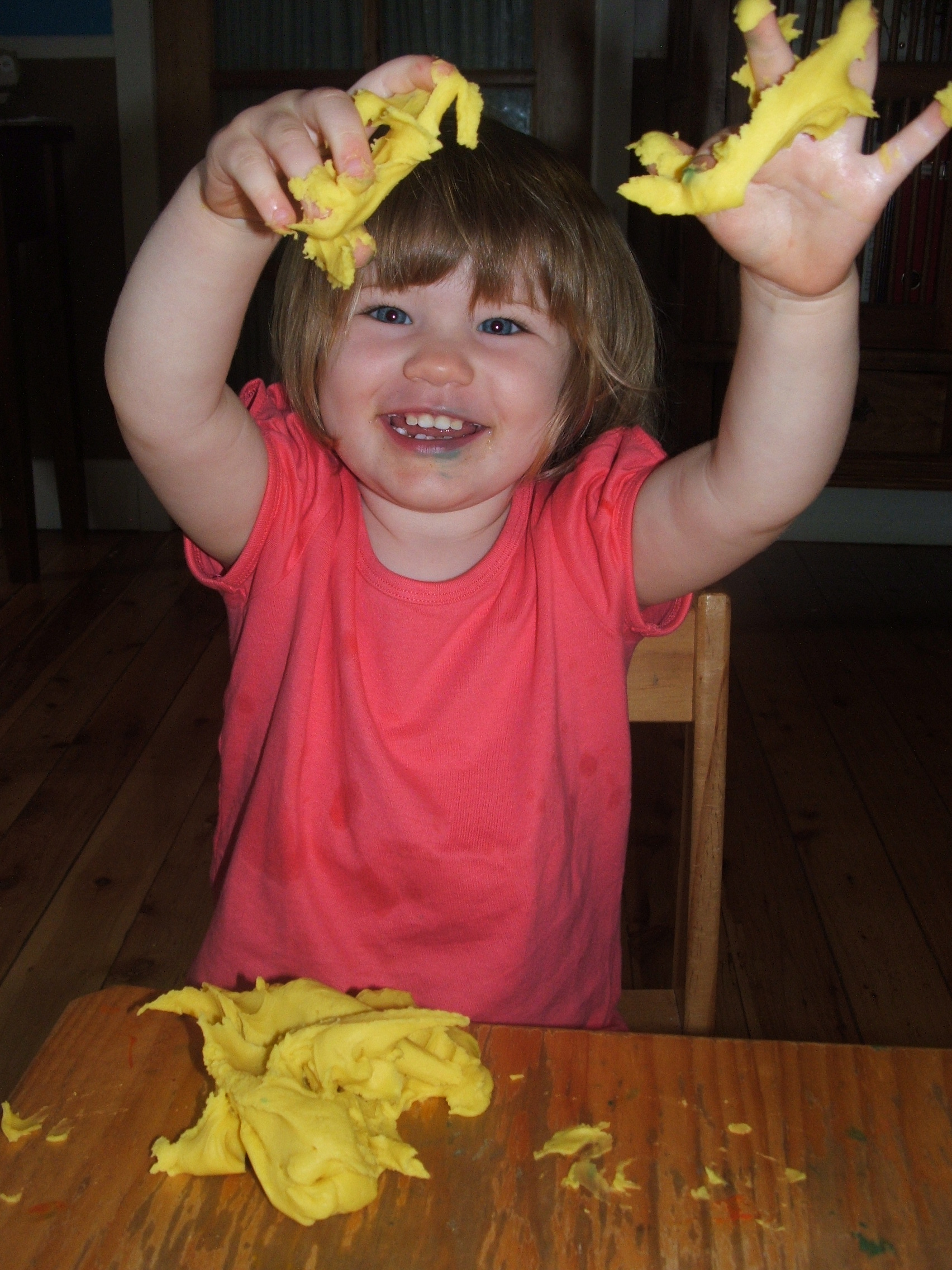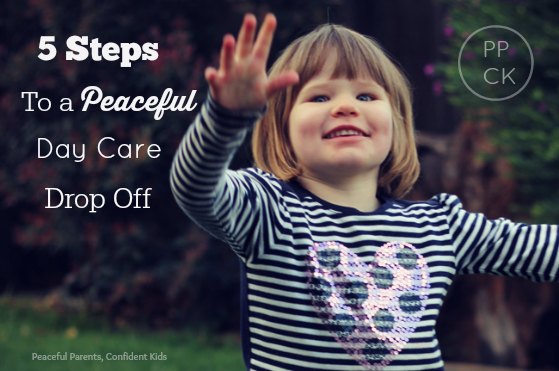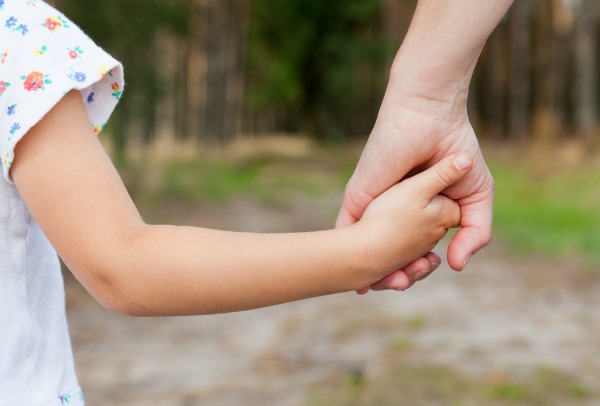 Having enjoyed two amazing years staying at home with my two daughters, I recently had to say goodbye to my housemum existence and welcome the workforce back into my life. As any working mum would know, the transition from the home back to work brings with it nervousness, anxiety, guilt, stress and many more negative emotions. But as hard as it is suiting up for that first day back after several years away, it surely can’t begin to compare with the tumultuous upheaval our little ones must go through as they embark on life without Mum (or Dad) for the first time.
Having enjoyed two amazing years staying at home with my two daughters, I recently had to say goodbye to my housemum existence and welcome the workforce back into my life. As any working mum would know, the transition from the home back to work brings with it nervousness, anxiety, guilt, stress and many more negative emotions. But as hard as it is suiting up for that first day back after several years away, it surely can’t begin to compare with the tumultuous upheaval our little ones must go through as they embark on life without Mum (or Dad) for the first time.
Being fairly well-versed on Magda Gerber’s respectful RIE practises when my girls started daycare three days a week, I tried to make the transition to day care as easy as possible for them. I knew that while it was going to be hard for me to leave them there, I would be much happier knowing that I had taken every step to ease them in gently. These are some of the strategies I adopted to ensure the girl’s time in day care was as low-stress as possible.
1. Carefully choosing a daycare centre.
When we knew we were going to have to start the girls in daycare my husband and I spent a considerable amount of time visiting day care centres, looking for the one that we would feel most comfortable leaving our children with for a large portion of the week. As there are no RIE inspired facilities anywhere near us, we had to use other criteria for selecting the right one. The things we looked for during these visits were:
- Did the children look happy there?
- Did the staff interact well with my children (we usually took them with us on the visits)?
- What types of toys/ activities were available to children? We were looking for a centre with lots of open ended toys or activities that encouraged problem solving and creativity etc. A centre full of plastic, electronic toys was disregarded as we wanted our children to be able to use their imaginations with the toys, not have them entertained by them.
- What outdoor space did the children have access to? Was it natural with grass and gardens or was it sterile with fake turf so the children wouldn’t get dirty? It was important to us that the children be able to enjoy the gifts that nature offers on a daily basis. We wanted them to be able to feel the dirt beneath their feet and to explore all the textures and sensory experiences that trees, plants and gardens provide.
- Were the staff interested in our parenting practices so they could offer some consistency to the girls going from home to day care? I know that one of the difficulties children can have when coping with a change such as this is that they learn to expect certain behaviours, responses and limits from their parents at home and it is inevitable that these will all differ from those at daycare. This can be confusing for a child and can cause anxiety when they are not sure how they should be acting etc.
2. Going through some of the main ideals of RIE approaches with the centre staff.
Prior to the girls starting at daycare, I spent a good deal of time with the two main carers that would be looking after the girls. We were lucky, in that being so close in age, that they were in the same room together and therefore would have the same two staff members caring for them on a daily basis. I took the carers articles posted by Janet Lansbury which they were both more than willing to read and practise. I also had the luxury of being able to stay with the girls on their first days at daycare for the best part of the day. This way, the carers could see how I interacted with the girls, showing them respectful practises such as informing the girls before picking them up, talking them through a nappy change and giving them opportunities to work through their frustrations without stepping in prematurely.
3. Speaking to the girls prior to going to daycare about what to expect.
In an effort to help the girls feel like they hadn’t been abandoned in their first days at day care, I decided to talk to the girls about what it would be like at daycare. I told them how in the morning we would all eat breakfast together and then pack our bags for the day. I told them that Daddy and I would have our work bags whilst they would have their school bags (later dubbed ‘playschool’ bags). I then explained that I would drive them to ‘playschool’ and take them into their room and put their bags in the bag rack. I told them that once they were settled in, I would give them a big, big cuddle and a kiss and tell them I loved them and would be back in the afternoon to pick them up. I was careful to let them know that Dad or I would not be with them for most of the day because we had to work. I repeated this several times prior to the day, in the hopes that they would be somewhat empowered by knowing their new daily schedule, knowing what to expect.
4. Ensuring I leave plenty of time at drop offs.
I expected that, in the initial stages of daycare, there would be a certain amount of protestation at drop off. In fact, I would have been a little hurt if there wasn’t!! And sure enough, tears came in abundance for the first little while. I wanted to be sure that I could stay for long enough at drop offs to acknowledge the girls’ feelings about being upset. I wanted to say to them ” I know you are upset that I have to leave. It is normal to feel sad when I can’t stay with you. I will be back in the afternoon to pick you up.” I would always follow this with a big, big cuddle and a kiss and an “I love you”. I also made sure that if they were to continue crying after I had left, the carers would continue to acknowledge their feelings and allow the girls to cry for as long as they needed without using distractions to make them feel happy.
5. Debriefing: Acknowledging to the girls how difficult it must be for them to be separated from Mum and Dad.
Even after following the first four carefully thought out steps above, it seemed that Lucy was not settling into daycare as well as I thought she would. Whilst, she did not always cry at drop off, she regularly cried when she first saw me at pick ups. I would often stand for a couple of minutes when I arrived just watching the girls play, trying to get an insight into their time away from me and how they were really going. As I would watch Lucy, I noticed that whilst she played well with the other children, she rarely smiled or laughed and it seemed like she was just going through the motions, pausing occasionally to look around as though she had lost something (or someone). When she finally noticed my presence, her tears would be instant, almost like she had held them in all day to put on the brave face she thought she had to and then finally letting them go when she saw me.
It was heartbreaking to watch but unfortunately we had no choice; we could not afford to live off just my husband’s wage, so I had to work. I knew though, that I had to try to help the girls more with their transition to life in daycare. I always tried to speak positively about their time at ‘Playschool’. On the way there I would ask “What are you going to do today, girls?” “Do you think you might do some painting?” I wonder who will be there today to play with?” etc and on the way home “What did you do at playschool today girls?” Did you do some painting?” “That must have been fun”. Who did you play with?” etc.
This didn’t seem to help, however, and Lucy was beginning to act out at home with periods of extreme emotion following a daycare day becoming a very common occurrence. I spoke to the centre staff about any incidences that might be causing some anxiety and they told me that occasionally Lucy would cry for seemingly no reason but that she would be ok once they started a new activity. They said that she was generally quiet and just went about her business, enjoying painting and drawing and other craft activities. But with the tantrums at home becoming more extreme and frequent I was at the point where I was talking to my husband about what other ways we could think of for making ends meet so the girls didn’t have to be in daycare.
Then, one night as I fought with an unslept, extremely emotional two year old as I tried to dress her for bed, I said to her “Lucy, did you have a hard time at Play School today?” This simple question stopped her mid scream and she quickly sobbed out a “yeaahhh”. I continued “Did you miss Mummy and Daddy when you were at playschool?” She stopped fighting me and just lay on the bed looking at me, taking in my acknowledgement of her feelings. I went on to say “It must be hard for you to be without Mummy and Daddy for the day. We both have to go to work sometimes so Katelyn and Nicarla (carers) have to look after you instead. I really miss you too. Would you like me to cuddle you for a while?” She immediately climbed up to me and I held her until she broke the silence and stillness that followed.
The rest of the nightly bedtime routine went without incident and the following day there seemed to be a shift in moods as we embarked on our trip to daycare. Lucy was telling me she was going to see Katelyn and Nicarla as well as a number of other little friends she listed off. When I picked her up in the afternoon, she was happy to see me and there were no signs of tears. But when I tried to get her strapped into her car seat she began testing limits and would not get in. She had some pent up emotion that she needed to get rid of and wanted to fight me. I recognised her need quickly and responded with “Did you have a hard day today at Playschool.” Almost instantly her fighting stopped and continuing my acknowledgement that it is very difficult to be separated from me for the day and that she missed me and wished I could have been with her, I was able to calmly buckle her into her seat.
Over the next few days and weeks, we occasionally experienced outbursts and limit testing from Lucy after her days in care. It always amazed me, however, how quickly she responded to having her feelings heard and recognised. She just needed us to see that it was a hard time for her. She didn’t care that they painted or made play dough or built castles, she just wanted her mum and dad and couldn’t understand why we suddenly weren’t there. The need to do this last step is now quite rare but it is always at the back of my mind if either of the girls seems to be a little ‘off’ after being in daycare for the day.
In an ideal world, I would not send my children to daycare but with reality taking over this family, I am just pleased that I have the benefit of using Magda Gerber’s amazing philosophies on parenting to make this necessary change to our lives as easy as possible on us all.


 Balancing work with family life is a challenge many families deal with at some stage or another. We have been juggling this reality in our house for just over a year now and it hasn’t been easy.
Balancing work with family life is a challenge many families deal with at some stage or another. We have been juggling this reality in our house for just over a year now and it hasn’t been easy.